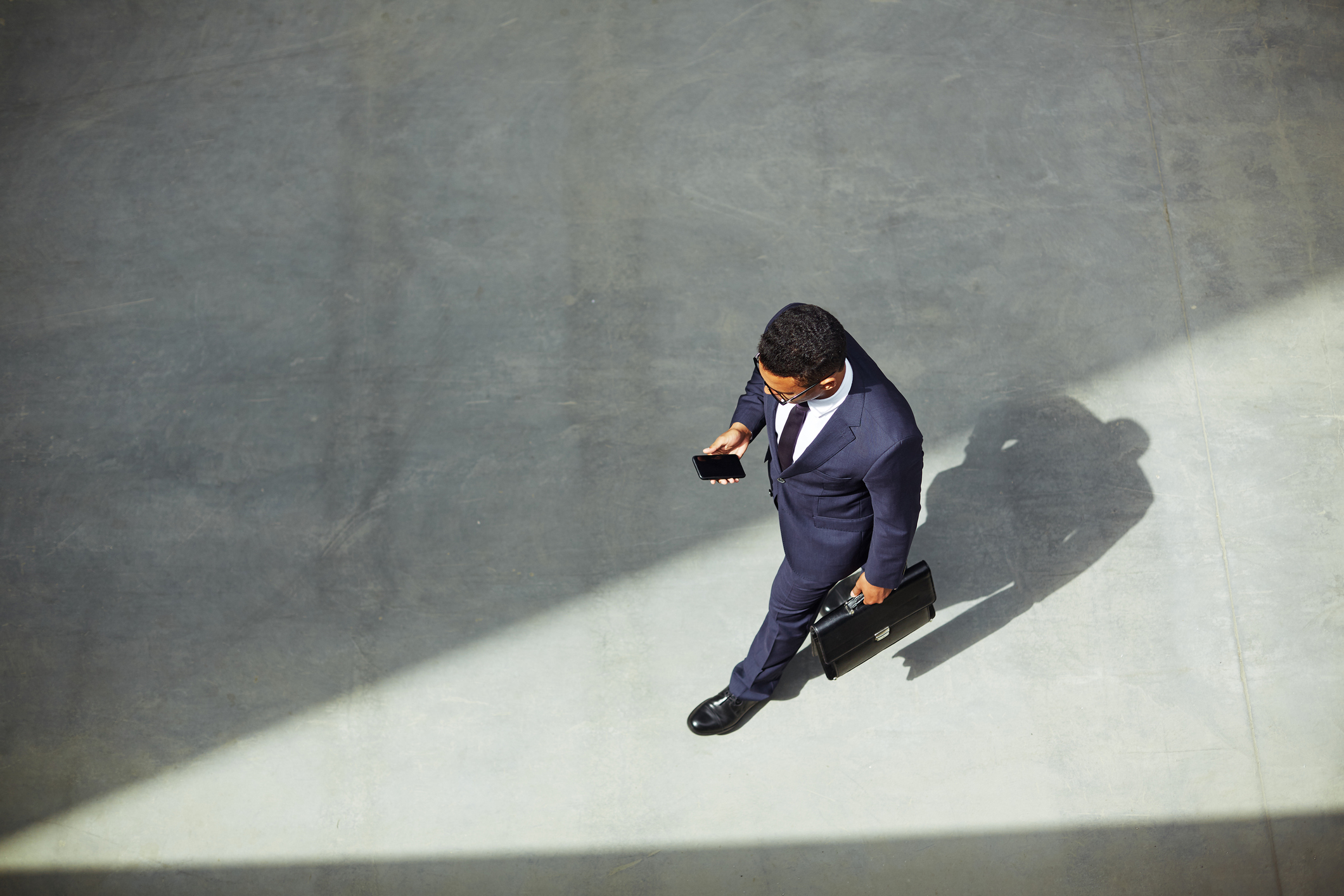7 things health experts said were bad for you in 2016
From alcohol to deep space, here's some of the things the experts warned us to stay away from this year

A free daily email with the biggest news stories of the day – and the best features from TheWeek.com
You are now subscribed
Your newsletter sign-up was successful
Every year, scientists gain a little more insight into what's good for us and what we need to stay far, far away from. Here are some of the biggest things experts warned us about in 2016:
1. Alcohol is even worse for us than we thought. A report by the Centers for Disease Control and Prevention found that booze is the second most deadly drug in the U.S., behind only tobacco. Between 2002 and 2014, alcohol-related deaths surged 37 percent; drinking now accounts for more fatalities than overdoses from prescription painkillers and heroin combined. Other research found that alcohol is a direct cause of at least seven forms of cancer, and that the more people drink, the worse their odds. "Nine in 10 people aren't aware of the link between alcohol and cancer," says Jana Witt from Cancer Research UK. "This review is a stark reminder that there's strong evidence linking the two."
2. Opioids may do more harm than good. Powerful prescription drugs like OxyContin and Vicodin are widely used to treat severe and chronic pain. But a University of Colorado, Boulder study found that injured rodents that had been given morphine were more sensitive to pain in the long run than those that hadn't. Researchers believe the drug may amplify pain signals from the spinal cord, prolonging and even intensifying discomfort. "This is a very ugly side to opioids that had not been recognized before," says Linda Watkins, the study's co-leader. "The implications for people taking opioids like morphine, oxycodone, and methadone are great."
The Week
Escape your echo chamber. Get the facts behind the news, plus analysis from multiple perspectives.

Sign up for The Week's Free Newsletters
From our morning news briefing to a weekly Good News Newsletter, get the best of The Week delivered directly to your inbox.
From our morning news briefing to a weekly Good News Newsletter, get the best of The Week delivered directly to your inbox.
3. Distracted walking is a growing hazard, as more and more people injure themselves while using their smartphone on the move. Pedestrian deaths jumped 10 percent in the first half of 2015, the largest year-on-year increase in four decades. Public-health experts attribute that rise to distracted walkers, who now account for 10 percent of all pedestrian injuries requiring emergency room treatment. The phenomenon is most common among millennials, but women 55 and older suffer the most serious injuries. The human brain simply didn't evolve to multitask, explains orthopedic surgeon Claudette Lajam. "You can't really pay attention to more than one thing at a time."
4. Deep space could be too dangerous for manned exploration. A NASA-funded study found that astronauts who flew to the moon were four times more likely to die from heart disease than those who only traveled as far as low Earth orbit, where the International Space Station is located. Researchers believe this is due to their exposure to deep-space radiation, which has also been linked to chronic cognitive impairment and dementia — or "space brain." These obstacles will have to be overcome before astronauts can attempt a mission to Mars. "We've probably underestimated the impact of deep-space radiation," says Michael Delp, lead author of the NASA study.
5. Marijuana may take a long-term toll on the mind. Researchers found that weed reduces blood flow to virtually every part of the brain. The effect is most notable in the hippocampus, the neural region responsible for learning and memory, which is particularly vulnerable to Alzheimer's disease. "The media has given the general impression that marijuana is a safe recreational drug," says co-author Daniel Amen. "This research directly challenges that notion." Separate studies this year found that longtime marijuana users are also more likely to have memory problems, and are at a greater risk for gum disease.
6. Insomnia may be caused by reduced integrity in nerve cells that connect different parts of the brain, a Chinese study found. Scans of insomniacs' brains showed that abnormalities in the so-called white matter were most significant in regions involved with sleep and alertness, as well as learning, memory, and emotion. It isn't yet clear whether these weaker neural connections are the cause of the insomnia or the result of chronic sleep deprivation, but radiologist Max Wintermark says the study takes us "a step closer to a potential treatment."
A free daily email with the biggest news stories of the day – and the best features from TheWeek.com
7. Trampolines are dangerous. As indoor trampoline parks have grown in popularity, the number of emergency room visits for injuries sustained at these play centers has shot up, from 581 in 2010 to 6,932 in 2014. While many more people hurt themselves bouncing around in their backyards, trampoline park injuries tend to be more severe. The study's authors advise parents to supervise their kids, and to be careful if they get on the canvas themselves: 19 percent of those hurt at trampoline parks are adults.
-
 The environmental cost of GLP-1s
The environmental cost of GLP-1sThe explainer Producing the drugs is a dirty process
-
 Greenland’s capital becomes ground zero for the country’s diplomatic straits
Greenland’s capital becomes ground zero for the country’s diplomatic straitsIN THE SPOTLIGHT A flurry of new consular activity in Nuuk shows how important Greenland has become to Europeans’ anxiety about American imperialism
-
 ‘This is something that happens all too often’
‘This is something that happens all too often’Instant Opinion Opinion, comment and editorials of the day